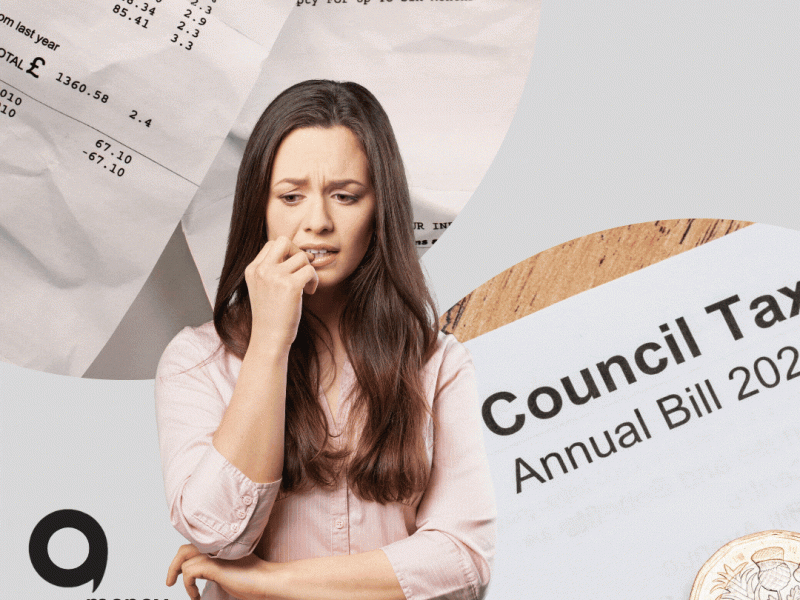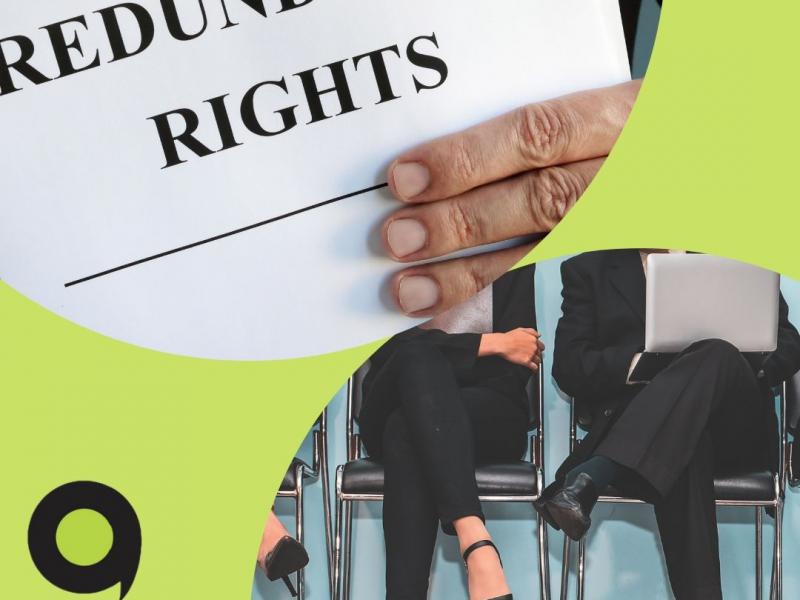
Living life, affording to pay all our bills, whilst continuing to put food on the table has become quite the juggling task for many of us recently. Increases to the cost of living, with soaring energy prices, and the prices of other essential goods and services jumping up as a result has been challenging.
Average household energy costs have risen by £693 after regulator Ofgem hiked the price cap on bills to £1,791 – with a further increase expected later this year.
A recent Survation poll for Advice Direct Scotland found more than two-thirds of Scots are worried about affording their energy bills this year and many already feel cold in their own homes because they are limiting usage to afford other essentials.
The research found 70% of respondents were either very worried or quite worried about being able to pay their bills, and 65% said they had already rationed their energy use in the past 12 months so they could afford to spend money on other goods or services, including food.
With all these concerns in the forefront of our minds, many are wondering what sources of support are available to help deal with the increased cost of living.
advice.scot provide advice and information on a range of topics, including –
- Employment
- Housing
- Benefits
- The practical aspects of family and relationships
- Neighbourhood issues
…and much more.
So, what sources of support are available for Scottish citizens who are struggling?
Benefits Calculator
You can use the Advice Direct Scotland benefits calculator to get a free and impartial assessment of all the benefits you are entitled to and what you have to do to claim them.
The benefits calculator will ask some questions about your circumstances, your household, and your finances. Then, it will search across all the benefits and grants you can claim, calculate how much you can get and what you must do to receive the benefits you are entitled to.
Just bear in mind that the results of this calculator are a guide to potential entitlement and are dependent on your answers.
You can also find organisations that offer free and independent money advice, can answer all your queries regarding your benefits’ claims and will make sure that your benefits’ applications are correct.
moneyadvice.scot provide free information and support on a wide range of debt-related issues and are authorised and regulated by the Financial Conduct Authority (FCA).
Our specialist debt advisers can work with you to assess your current situation, look at your income and outgoings, and consider what to do next.
Approximately half a million people across Scotland are not claiming the financial support they are entitled to. You don’t have to be one of them. We’re here to help.
Council Tax
Next to rent or mortgage payments, council tax is usually one of the next largest monthly expenses that we have. With council tax increases of up to 5% in some areas this year, many of us will be asking what support / options are available to help with this cost.
Cost of Living Award (£150)
A ‘Cost of Living’ award of £150 has been made to all households in council tax bands A to D, and to all those eligible for Council Tax Reduction.
This is a one-off payment that is being applied to council tax bills, with some local authorities applying the amount across the payment period of the council tax (either ten, or twelve months), and others applying it to be deducted at the beginning of the new year’s payment period.
This payment has been made to help offset the increase in costs elsewhere.
Council Tax Discounts & Exemptions
People who live on their own, or with other people who are not liable when living with you (more on this later), may be entitled to a reduction on their council tax bill (including the water and sewerage charge) by 25%.
This includes situations where someone normally lives with you, but they are not currently for different reasons –
- The other person is in a care home
- The other person is in hospital
- The other person is in prison
Others living in the house who will not be required to pay council tax if they are living with you –
- A person you are receiving child benefits for
- Recent school / college leavers under 20 years old
- Students under 20 years of age who are studying for highers
- Full-time students attending a college or university (depending on the level of the course)
- Student nurses
- Someone living with you temporarily who’s main home is elsewhere
- Apprentices
- Youth training trainees
- Someone living with you who is severely mentally impaired
- A person who is the spouse or civil partner of a student, but who is not a British citizen and is not allowed to work or claim benefits under the terms of their leave
- Some carers
There are other situations where council tax discounts may be available –
- Uninhabited homes requiring structural repairs / alterations (exempt for up to 12 months) – If the property purchased has already been empty for a year, you will only be able to claim a 50% council tax discount.
- Empty and unfurnished homes – may be exempt for six months. You may then be entitled to a discount for a further six months. At the end of this second six-month period, then the council can decide the level of discount you will be granted (Varies between 10 and 50%). After this period, the council can add a surcharge of up to 100%.
- Holiday Homes – for purpose-built holiday homes (e.g., a chalet or mobile home), you will be entitled to a 50% discount on your council tax. If you own a holiday home that could otherwise be used as a permanent home, the council can offer a discount of between 10% and 50%.
It is important to check with the local authority for the area that we live in to see if we are eligible for any council tax discounts. It is important to ensure we are paying the relevant council tax amount until a discount is granted, as this is never guaranteed.
Your local authority will usually ask you to complete a council tax discount or exemption form to apply for discounts. This may require you to supply evidence of the situation that you are claiming the discount or exemption for (e.g., if you are a student, etc).
You can Contact your council to find out their rules on discounts and exemptions. You can request that discounts are backdated if you think that you have been entitled to them for a while.
Council Tax Reduction
You may be eligible for Council Tax Reduction if you are on a low income or claim certain benefits. This could reduce your council tax bill, and the amount you have to pay by up to 100%, depending on your circumstances.
Applications are open to those who own their homes or rent, and either unemployed or working.
Payment – The council will decide the level of reduction that you are entitled to. You can Contact your council to find out their rules on working out reductions.
Entitlement – There are several factors that will be considered in relation to eligibility to council tax reduction –
- You are liable to pay council tax
- The property you must pay council tax for is your main home
- Your income is below a certain amount
- Your capital (Savings) is worth £16,000 or less
- You are resident in Great Britain and have rights
Where to apply – You can apply for Council Tax Reduction through the gov.uk site – Apply for Council Tax Reduction – GOV.UK (www.gov.uk). You can apply up to 13 weeks in advance.
Rent Arrears
If you are struggling with rent payments, and have built up arrears as a result, it is important to deal with these issues head on and avoid burying your head in the sand.
If you do not make sufficient payments towards clearing your rent arrears, your landlord will have the right to try to evict you. They cannot however just throw you out of your home, or change the locks.
The correct legal procedures must be followed for an eviction to be deemed ‘legal’, and this depends on the type of tenancy you have and differs depending on who you rent your home from (e.g., social housing / council / private landlords).
The correct process for eviction includes providing you with clear information about the terms of your tenancy, offering you help and advice regarding benefits or other forms of financial support, as well as help with debt management, supplying information on how they can help.
Finding a solution to the situation is important and speaking with your landlord can be a good first step in resolving the issues. You may be able to come to an arrangement to pay any arrears over a longer period.
advice.scot advisers can provide information specific to your circumstances, and point you in the direction of debt advice through moneyadvice.scot if required. Our dedicated Knowledge Centre has information on housing and rent arrears.
Other Support Available through Local Authorities
Individual local authorities offer various support to help reduce the cost of living, with focuses on areas such as –
- Food poverty prevention
- Increased uptake of school clothing grants
- Provision of sanitary products
- Assisting families experiencing fuel poverty
- Financial education for school children
- Access to affordable credit
- Debt advice
- Support for homeowners to adapt, repair and maintain their homes
- Improving energy efficiency
- New affordable homes
- Funeral Poverty
You can Contact your local council to find out what additional support they may be able to offer you.
Support with energy costs
energyadvice.scot provide information and advice on a range of energy-related matters, including directing Scottish citizens to sources of support available, including support for energy debt and those who find themselves rationing energy to afford other essentials.
More information is available by visiting the website, which has a dedicated Knowledge Centre covering most things energy, or by calling 0808 196 8660 (Monday to Friday, 9am – 5pm).
For more information on the various sources of support available, visit .advice.scot, or contact one of the team on 0808 800 9060 (Monday to Friday, 9am – 5pm).



